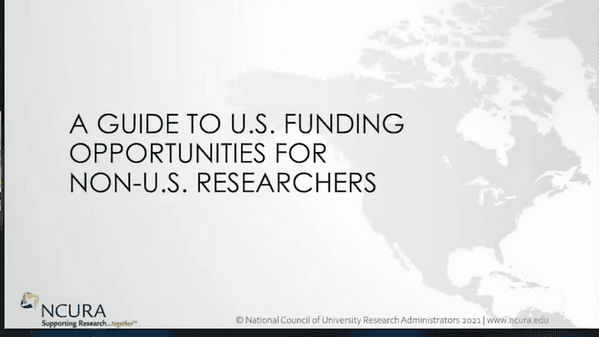Would you like to see your presentation here, made available to a global audience of researchers?
Add your own presentation or have us affordably record your next conference.
Objective PubMed is a popular platform for accessing biomedical research.1 When tagged correctly, text-based and concise plain language summaries (PLSs) hosted on PubMed can maximize discoverability by a broader audience. This function was introduced in 2019 and allows retrospective tagging of pre-2019 records. Open access (OA) publishing also enhances discoverability, which increases publication accessibility and usage.2 The aim was to (1) determine the proportion of PubMed records correctly using the PLS tag and reasons for incorrect usage and (2) establish the OA status of journals publishing PLSs on PubMed.
Design The entire PubMed database was downloaded
(February 9, 2022) and searched for PLSs indexed with an
XML
Results There were 3217 records identified with an XML
Conclusions Despite the use of the
References
- Williamson PO, Minter CIJ. Exploring PubMed as a reliable resource for scholarly communications services. J Med Libr Assoc. 2019;107(1):16-29. doi:10.5195/jmla.2019.433
- Li H, Liu L, Wang X. The open access effect in social media exposure of scholarly articles: a matched-pair analysis. J Informetrics. 2021;15(3):101154. doi:10.1016/j. joi.2021.101154
- Gattrell W, Wager K, Sheikh N, Chisholm A. Prevalence and characteristics of plain language summaries indexed in PubMed: original abstracts from the 2022 European Meeting of ISMPP. Curr Med Res Opin. 2022;38(suppl 1):25-45.
Conflict of Interest Disclosures At the time of abstract development, William Gattrell was an employee and shareholder of or held stock or stock options in Ipsen, Milton Park, UK, and is now an employee of Bristol Myers Squibb, Uxbridge, UK. Valérie Philippon was an employee and shareholder of or held stock or stock options in Takeda Development Center Americas Inc, Cambridge, MA, USA, and is now an employee of UCB, Cambridge, MA, USA. All other authors are employees of their respective affiliations. Slávka Baróniková, Namit Ghildyal, Radha Narayan, and Catherine Skobe may be shareholders or hold stock or stock options for their respective affiliations.
Funding/Support This work was produced by representatives of Open Pharma. Open Pharma is a multisponsor collaboration facilitated by Oxford PharmaGenesis Ltd and received sponsorship funding from Alexion Pharmaceuticals Inc, AstraZeneca Pharmaceuticals LP, Boehringer Ingelheim International GmbH, ER Squibb & Sons LLC, F. Hoffmann-La Roche AG, Galápagos NV, Gilead Sciences Inc, GlaxoSmithKline Biologicals SA, Ipsen Biopharm Ltd, Janssen Global Services LLC, John Wiley & Sons Ltd, Novartis Pharma AG, Novo Nordisk A/S, Pfizer Inc, Takeda Development Center Americas Inc, and UCB Biopharma SRL.
Role of the Funder/Sponsor This abstract represents the work of the individual authors and not of their respective affiliations. The organizations providing sponsorship funding to Open Pharma were not involved in the design and conduct of the study; collection, management, analysis, and interpretation of the data; preparation, review, or approval of the abstract; or decision to submit the abstract for presentation.
Acknowledgment Editorial support was provided by Velissaria Vanna of Oxford PharmaGenesis, Oxford, UK.


